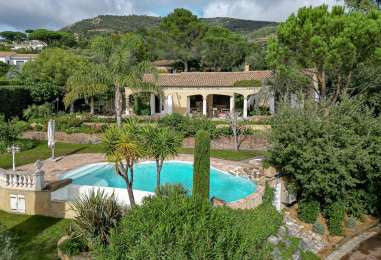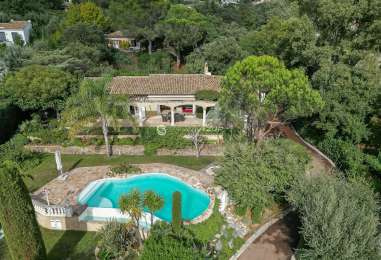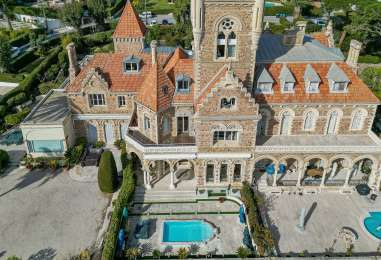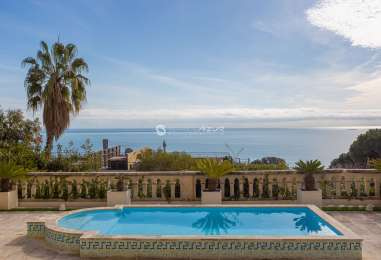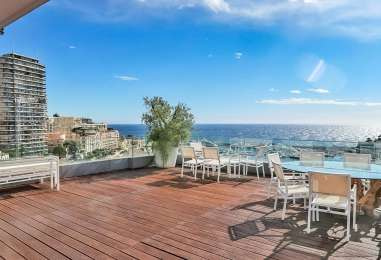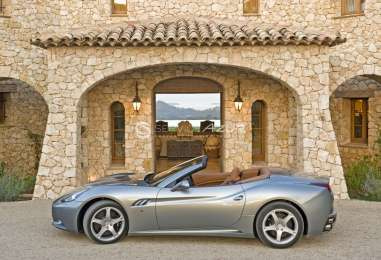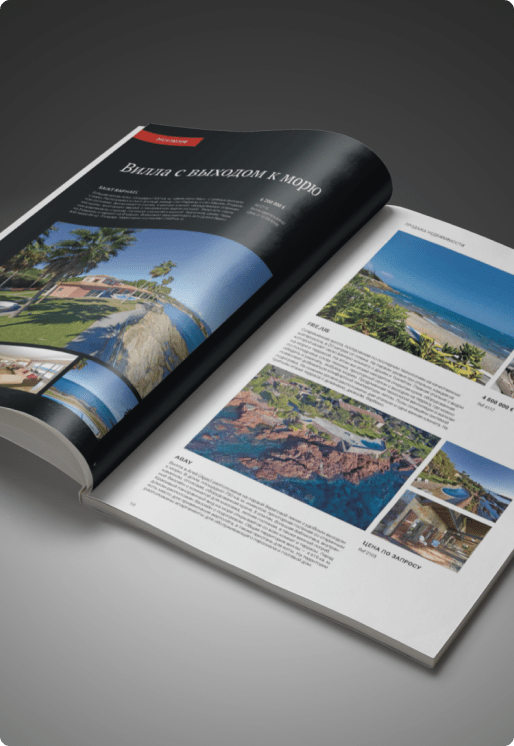In France, inheritance taxes can reach up to 45% of a property’s value. For a €3 million property, this may represent a substantial tax burden. However, there is a perfectly legal and widely used way to optimise taxation — a mechanism known as démembrement de propriété (division of ownership).
What Is It?
Under French law, full ownership (pleine propriété) of a property can be divided into two distinct rights:
-
Usufruit (Usufruct): the right to live in the property or to receive income from it (for example, rent).
-
Nue-propriété (Bare Ownership): the right to own the property without the right to use it or collect income from it.
Parents can transfer the bare ownership to their children while retaining the usufruct for themselves. Upon their death, the usufruct automatically expires, and the children become full owners — without paying inheritance tax again.
How It Works in Practice
Scenario: Married couple, both aged 60, owning a property valued at €3,000,000, with two children.
1. Standard Inheritance
- Each child inherits €1,500,000
-
Inheritance allowance: €100,000 → taxable base: €1,400,000
-
Progressive tax ≈ €412,000 per child
-
Total family tax ≈ €824,000
2. Using Démembrement de Propriété
-
Parents transfer the nue-propriété to their children (worth 50% of the property’s value, given their age of 60)
-
Taxable base: €1,500,000 (50% of €3 million)
-
For two children → €750,000 each
-
Gift from both parents → €200,000 total allowance per child → taxable base: €550,000
-
Tax ≈ €108,000 per child
-
Total family tax ≈ €216,000
3. Through an SCI with a 15% Value Discount (Décote)
-
Adjusted property value after discount: €2,550,000
-
Nue-propriété (50%) = €1,275,000, or €637,500 per child
-
Gift from both parents → €200,000 allowance per child → taxable base: €437,500
-
Tax ≈ €85,000 per child
-
Total family tax ≈ €170,000
4. SCI with Démembrement at the Time of Purchase
-
Parents purchase the property through an SCI and hold the usufruit of the shares.
-
Children immediately receive the nue-propriété of those shares.
-
Upon the parents’ death, the usufruit expires, and the children become full owners — without additional inheritance tax.
In this case, taxation applies only once, at the time of the initial transfer of bare ownership, calculated on its reduced value. No further tax is due thereafter.
Why It Works
- Age of the usufructuary: the older the parents, the higher the value of the bare ownership and the lower the taxable base. At 60 years old: usufruct = 50%, bare ownership = 50%.
- Allowances: each child benefits from a €100,000 tax-free allowance.
-
The SCI familiale allows for:
- gradual transfer of ownership through shares;
- application of a value discount (typically 10–20%) on those shares;
- retention of full control by the parents as managing partners.
Key Points to Consider
-
The structure must be carefully drafted: specify who is responsible for taxes, maintenance, and expenses, as well as the rights retained by the parents.
-
For any sale of the property, both the usufruitier and the nu-propriétaire must agree.
-
In blended families (children from previous marriages), it is essential to define inheritance arrangements in advance to prevent disputes.
-
The SCI must be properly established — errors may result in issues with the French tax authorities.
Conclusion
The démembrement de propriété and SCI familiale are not tools reserved for millionaires. Even for a property worth €500,000, these strategies can save your heirs tens of thousands of euros in taxes.
The key is to plan ahead — not to wait until the inheritance process begins.
Summary
-
Standard inheritance → very high taxes
-
Démembrement de propriété → 2–3 times lower taxes
-
SCI + démembrement → almost or completely tax-free inheritance transfer




